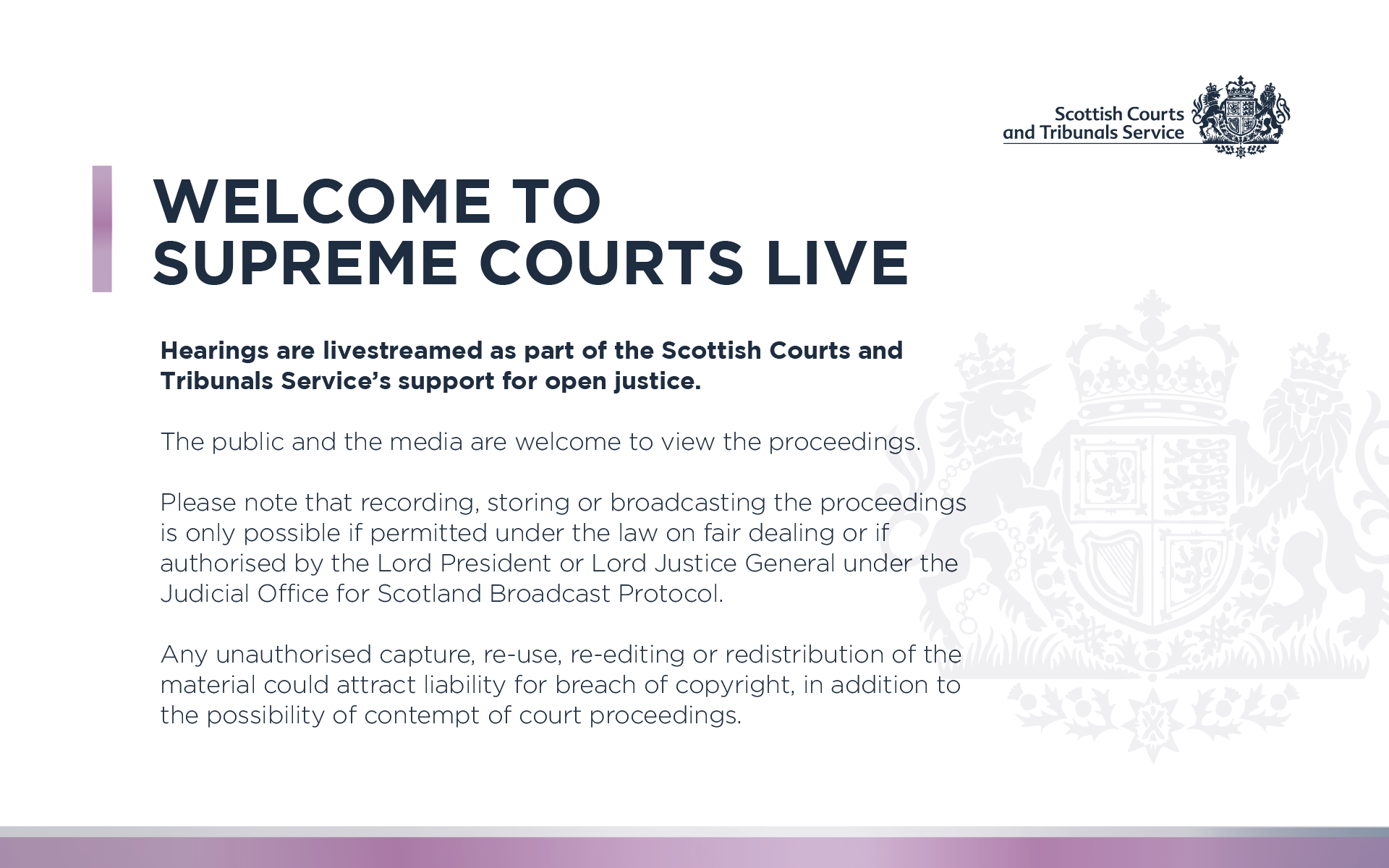Case description
This appeal was remitted to the Court of Session by the Sheriff Appeal Court under section 112 of the Courts Reform (Scotland) Act 2014. The Advocate General appeals the decision of the Sheriff at Campbeltown ordering him to pay compensation to the respondent, Galbraith Trawlers Ltd.
The events giving rise to this appeal took place between 2015 and 2016. At that time, GTL owned a fleet of prawn fishing boats which they used to fish within UK territorial waters. The Home Office suspected the company of facilitating breaches of immigration law by employing Filipino workers illegally on their boats. In 2015, two of the company’s skippers were arrested, and three of the company’s boats were detained by the Home Office under section 25D of the Immigration Act 1971. Ultimately, no prosecution of the skippers took place and the boats were released by the Home Office.
GTL challenged the lawfulness of the detentions on the basis that they were carried out by an immigration officer, Mr Jack Linton, who did not hold sufficient rank within the Home Office to carry out a section 25D detention. GTL seek compensation for the losses they say were caused to the company during the time the boats were unlawfully detained.
A hearing took place before the Sheriff at Campbeltown. The Advocate General argued that the decision to detain was made by Mr Linton’s superior officer, who held the requisite rank to make that decision. In any event, Mr Linton was “acting up” at the time of the detentions and therefore did hold the requisite rank at the relevant time. The Sheriff held that it did not matter that who made the decision to detain. What mattered was who communicated that decision to GTL. The Advocate General had not furnished the court with information to enable it to determine whether an officer who was “acting up” fell within the rank required by section 25D. For these reasons, the Sheriff had to conclude that the detentions were unlawful. On appeal, the Sheriff Appeal Court (2021 SAC (Civ) 15 scotcourts.gov.uk) upheld the Sheriff’s decision, subject to one factual question, which was whether it was actually Mr Linton who carried out the detentions. If so, they were unlawful. Evidence was required to determine this, so the SAC allowed the parties an evidential hearing (a proof before answer) on whether: (i) Mr Linton carried out the detentions; (ii) whether the detentions caused the company the losses they claimed; and (iii) the value of those losses.
Having heard evidence on those matters, the Sheriff found that the boats had been unlawfully detained. The second and third boats had been detained by Mr Linton, who had acted on the basis of an honest and reasonable, but ultimately mistaken, belief that as an “acting” senior officer he held the required rank to detain the boats. The first boat had been detained by a number of individuals who were the Home Office’s responsibility, and who had followed a “deplorably irregular” procedure in order to effect the detention.
The Sheriff held that GTL was therefore entitled to compensation for the losses caused by the detentions, such as loss of profit. The question was how much. The Advocate General argued that if the Home Office approached matters properly, the boats would have been detained anyway. Therefore, GTL were not worse off than they would have been had the proper procedure been followed. The Advocate General relied upon Supreme Court authority which stated that in such circumstances the amount of compensation payable should be restricted to a nominal amount. That amount should be £1.
The Sheriff rejected this argument. The Supreme Court authority applied to false imprisonment, not to wrongful detention of property. That authority had not been applied in Scotland, and there was Scottish authority to the contrary. There were policy considerations which counted against the restriction of any award to nominal damages. It would foster an undesirable culture of impunity within the public service. Parliament had entrusted it only to senior officers. That safeguard must be capable of being invoked in litigation by affected parties. The Advocate General was ordered to pay substantive damages of £284,047 plus interest to GTL.
The Advocate General appeals the Sheriff’s decision on the matter of whether compensation ought to be restricted to £1 in nominal damages. The First Division will hear the appeal on Wednesday 29 and Thursday 30 November.

